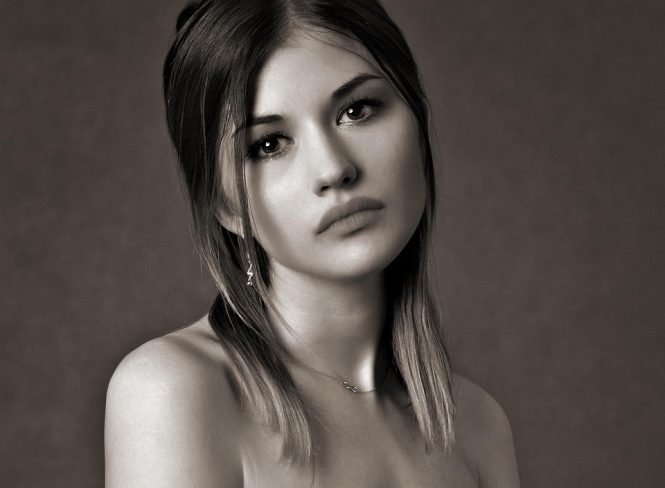
The Impact of Age on Hair Loss: What to Expect and How to Prevent It
As we age, our bodies undergo a multitude of changes that can affect our overall health and appearance. One of the most common concerns associated with aging is hair loss. Whether it’s a receding hairline, thinning locks, or a complete loss of hair, age-related hair loss can be a distressing experience for many individuals. In this article, we’ll explore the impact of age on hair loss, what to expect, and most importantly, how to prevent or slow it down.
Understanding Age-Related Hair Loss
Hair loss, also known as androgenetic alopecia, is a natural process that affects both men and women as they age. It’s estimated that by the age of 35, approximately 40% of men will experience some form of hair loss, while women may start to notice thinning hair in their 40s and 50s. The primary cause of age-related hair loss is the conversion of testosterone into dihydrotestosterone (DHT), a hormone that shrinks hair follicles, leading to thinner, shorter hair.
What to Expect
As we age, our hair growth cycle slows down, and the hair follicles produce thinner, shorter hair. This can lead to a range of hair loss patterns, including:
- Receding Hairline: A common sign of aging, a receding hairline can start as early as the late 20s or early 30s in men.
- Thinning Hair: As we age, our hair becomes thinner, brittle, and more prone to breakage, leading to a less dense hairline.
- Balding: In more severe cases, age-related hair loss can lead to balding, where large areas of the scalp become completely hairless.
- Female Pattern Baldness: Women may experience a different pattern of hair loss, characterized by thinning hair on the crown of the head, rather than a receding hairline.
How to Prevent or Slow Down Age-Related Hair Loss
While age-related hair loss is a natural process, there are several ways to prevent or slow it down. Here are some effective strategies:
- Maintain a Healthy Diet: Eating a balanced diet rich in vitamins, minerals, and proteins can help promote hair growth. Include foods high in omega-3 fatty acids, zinc, and biotin, such as salmon, walnuts, and eggs.
- Reduce Stress: High stress levels can contribute to hair loss. Engage in stress-reducing activities like meditation, yoga, or deep breathing exercises.
- Use Gentle Hair Care Products: Harsh chemicals in hair care products can damage hair and accelerate hair loss. Opt for gentle, sulfate-free shampoos and conditioners.
- Get Regular Exercise: Regular exercise can improve blood flow to the scalp, promoting healthy hair growth.
- Consider Medications: Medications like minoxidil (Rogaine) and finasteride (Propecia) can help slow down hair loss and promote hair growth.
- Avoid Excessive Heat Styling: Excessive heat styling can damage hair and lead to breakage. Try to limit your use of heat styling tools or use a heat protectant spray.
- Get Enough Sleep: Adequate sleep is essential for hair growth. Aim for 7-8 hours of sleep per night.
- Consider Hair Restoration: If hair loss is severe, consider hair restoration options like hair transplants or low-level laser therapy (LLLT).
Conclusion
Age-related hair loss is a natural process that can be distressing, but there are many ways to prevent or slow it down. By maintaining a healthy diet, reducing stress, and using gentle hair care products, you can promote healthy hair growth and minimize the impact of age-related hair loss. If you’re experiencing significant hair loss, consult with a healthcare professional or dermatologist to discuss treatment options and develop a personalized plan to address your hair loss concerns. Remember, it’s never too early or too late to take care of your hair and prevent age-related hair loss.